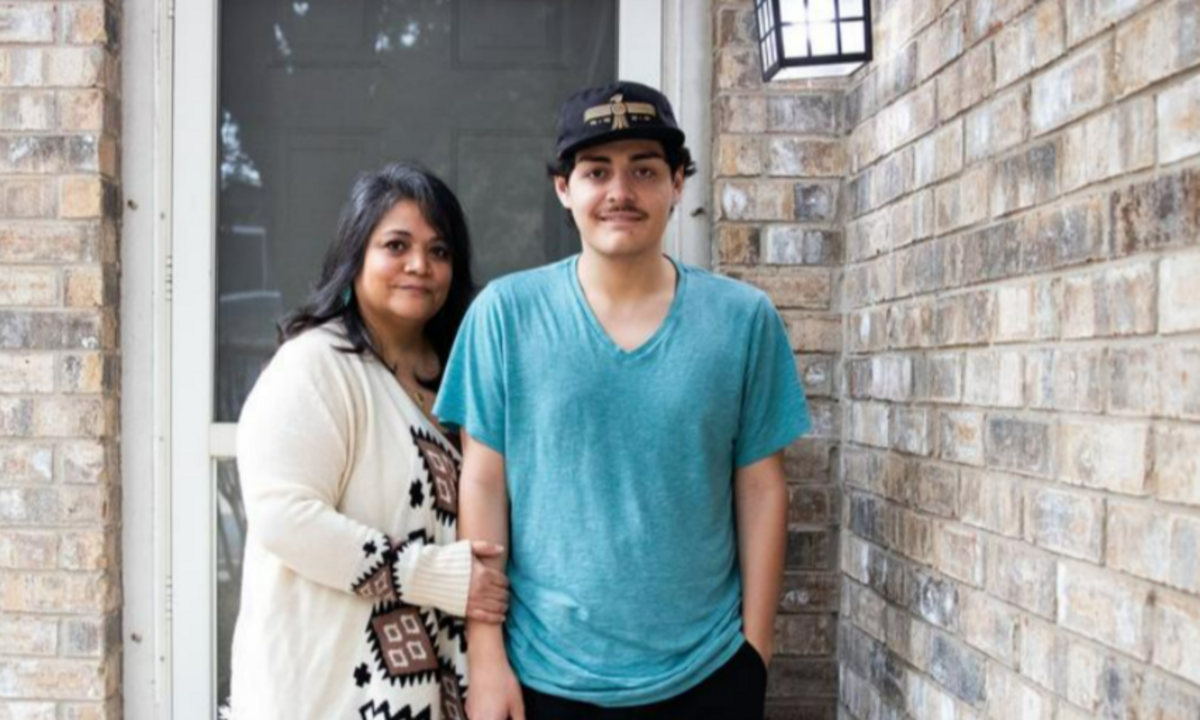Texas’ Youth Mental Health System Faces Growing Demand and Insufficient Support
In Texas, nearly 900 children are currently waitlisted for the Youth Empowerment Services (YES) Waiver, a critical mental health program designed to keep children in their homes while receiving intensive outpatient care. This situation highlights the urgent need for increased funding and provider support to address the growing mental health crisis among young Texans.
Struggles of Families Seeking Mental Health Care
Nidia Heston always had a plan for her son, Quin, but she wasn’t prepared when his school refused to enroll him in eighth grade without a thorough mental health evaluation. Doctors at Dell Children’s Medical Center diagnosed Quin with severe suicidal ideations and recommended admission into a state hospital or residential treatment center. However, doing so would require Heston to relinquish parental custody—a heartbreaking decision she refused to make.
Instead, she applied for the YES Waiver, a state-funded mental health program that allows children to receive treatment without being placed in foster care. After a month of waiting—while sleeping on the couch to monitor her son—she was finally approved.
“I could finally surrender myself to help,” Heston said.
What is the YES Waiver?
The YES Waiver is an intensive mental health service program that provides families with community-based specialists who offer behavioral health services and nontraditional support like art therapy, adaptive assistance, and home modifications. The program is a lifeline for families who cannot afford long-term psychiatric inpatient care and want to keep their children in familiar surroundings.
Despite its importance, the program is struggling. While demand has increased by 53% since 2019, the number of youth served has declined by 21%. In 2023, the program enrolled 2,227 children compared to 2,826 in 2019.
Why is the YES Program Struggling?
A key reason for the program’s decline is a lack of providers. Texas Medicaid reimbursement rates are significantly lower than private sector rates. Therapists who can charge $180 per session privately receive only $60 to $122 under Medicaid, leading many to opt out of the program. As a result, the program lost 386 providers between 2020 and 2023.
This provider shortage has created long waitlists, particularly in rural areas. Some counties have just two providers for nontraditional therapy services and eight for standard therapy. Families often wait six months or longer for services, leaving children without the care they desperately need.
“Now the ones that do accept Medicaid, which are very few, are already booked and never have availability because the need is so high,” said Monica Reyes, a certified mental health peer specialist in Travis County.

Impact on the Foster Care System
The lack of accessible mental health care has forced some families into an impossible decision—giving up custody of their children to the state just to secure treatment. In 2023, 108 Texas children entered foster care due to a lack of available mental health services, and 461 were placed in foster care due to “refusal to accept parental responsibility.” Many of these cases involved children with severe mental health issues whose parents felt they had no other options.
While the YES Waiver is designed to prevent this, funding constraints have made it difficult to meet demand. Without intervention, more families may be forced to make the heartbreaking decision to relinquish custody to get their children the care they need.
Calls for Increased Funding
Despite bipartisan support for increased funding in the 2023 legislative session, the proposal failed. Now, advocacy groups, including the National Alliance on Mental Illness in Texas and Texans Care for Children, are urging lawmakers to approve a $61.9 million budget request for 2026-2027 to expand youth mental health services, including the YES Waiver.
Quin Heston, now 22, credits the YES Waiver with saving his life. He now works at Greenleaf Neurodiversity Community Center, helping others with autism and neurodivergent conditions. He is also advocating for expanded funding.
“I think lawmakers should recognize that this is a growing need,” he said. “Programs like the YES Waiver won’t solve mental illness, but they help. It needs funding.”
The YES Waiver program is a crucial resource for Texas families facing severe mental health challenges. However, without increased funding and better provider reimbursement rates, the program will continue to struggle. Lawmakers must act to ensure that families do not have to make impossible choices to secure necessary care for their children.
Disclaimer—Our team has checked this article to ensure its accuracy and eliminate any misinformation. We are committed to providing clear and reliable information for our readers.


